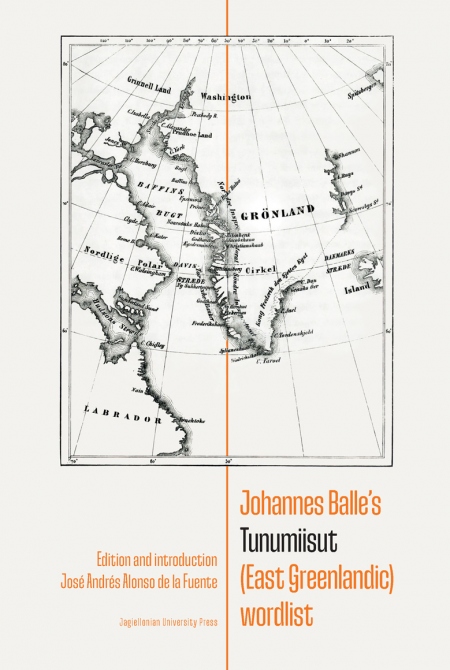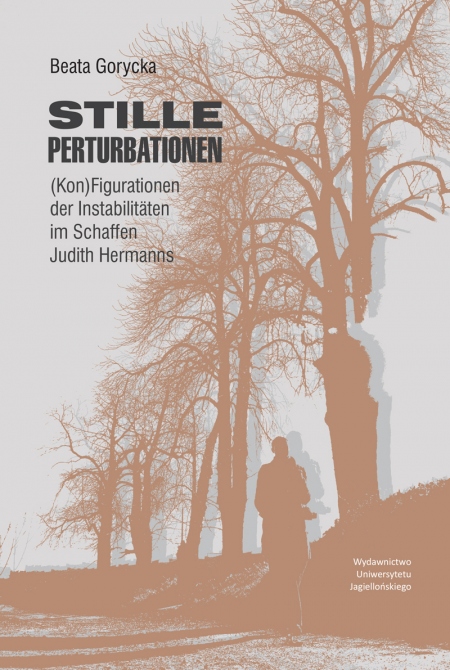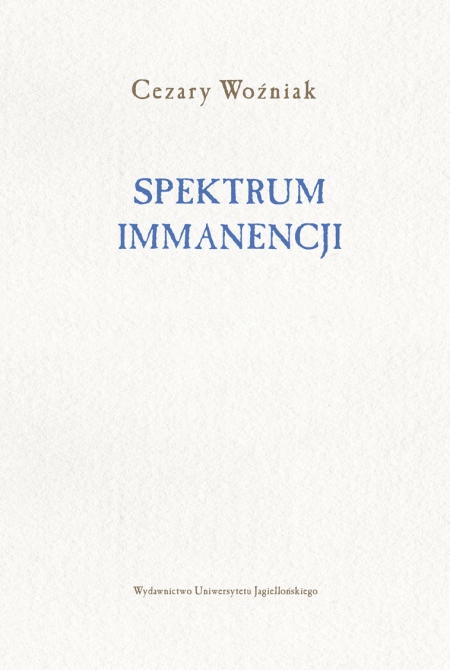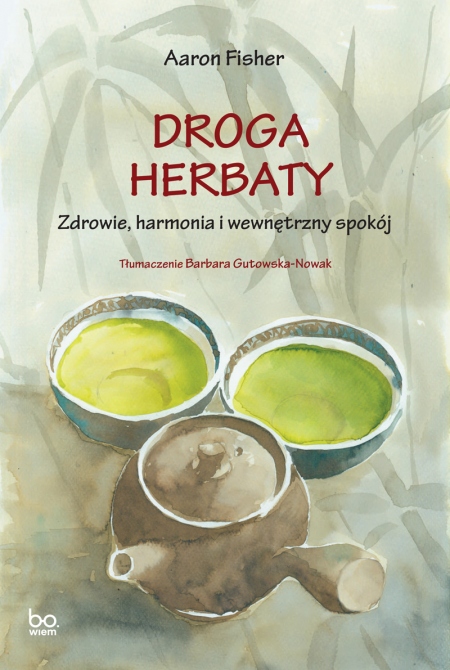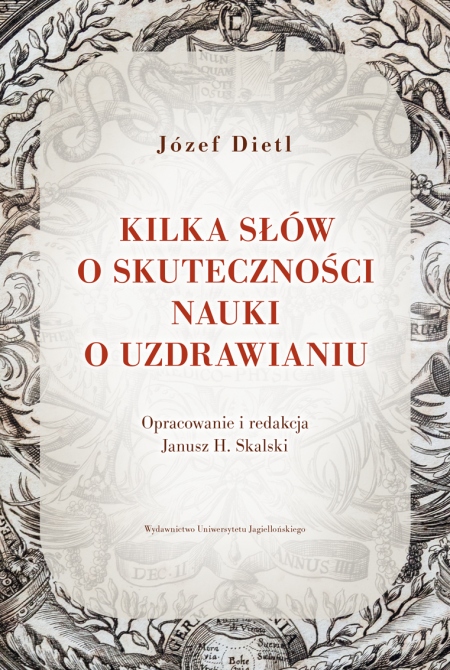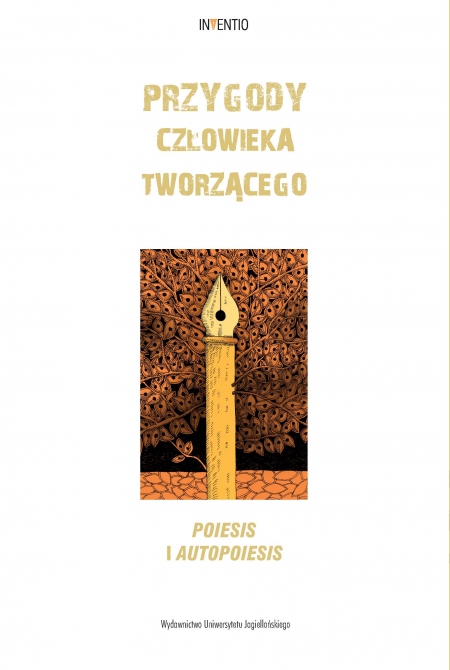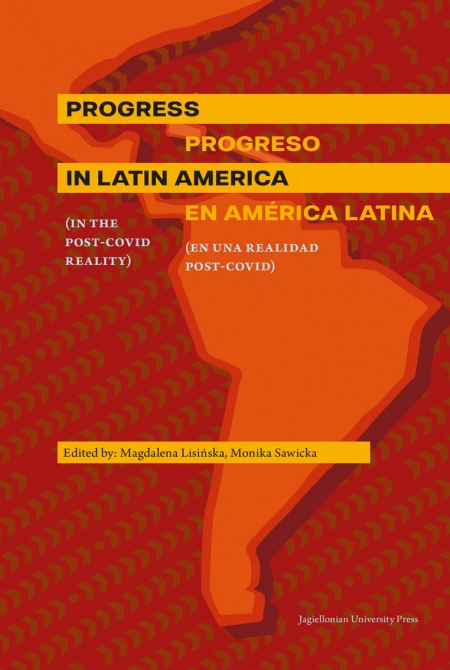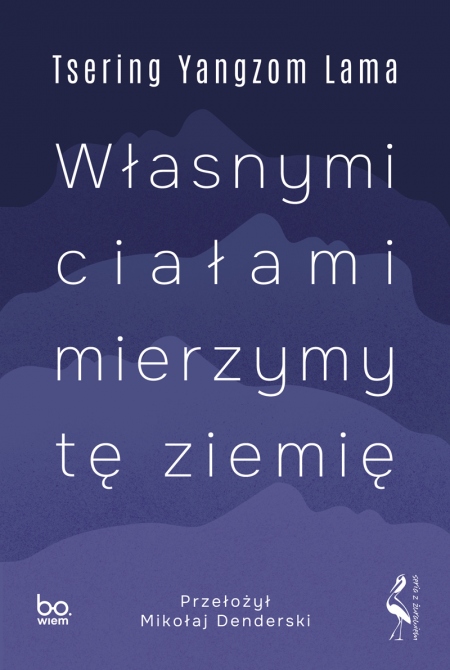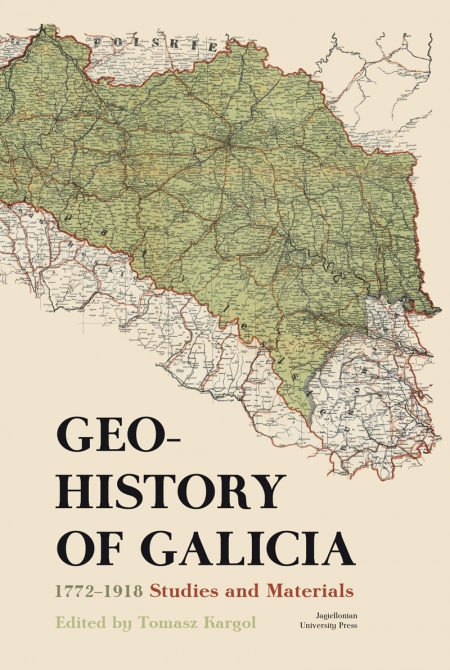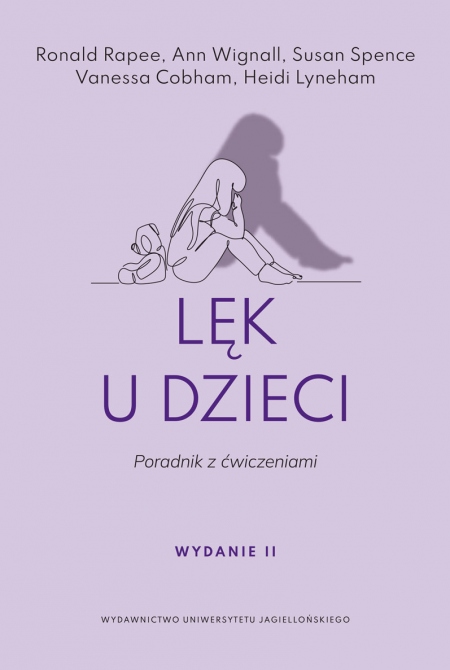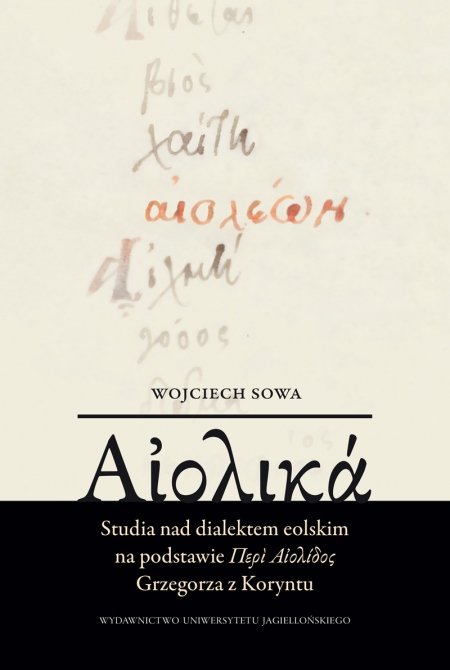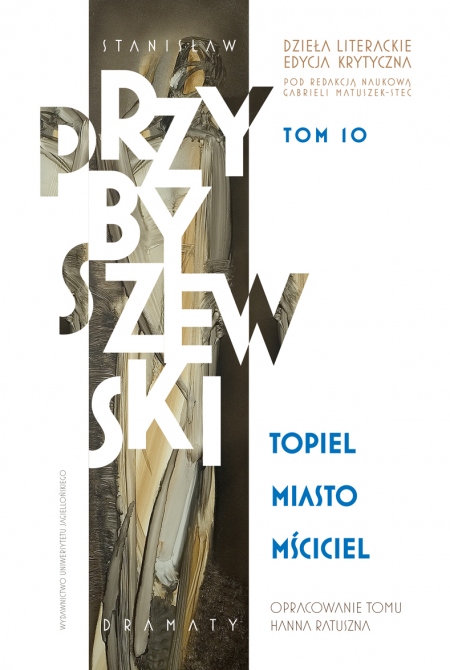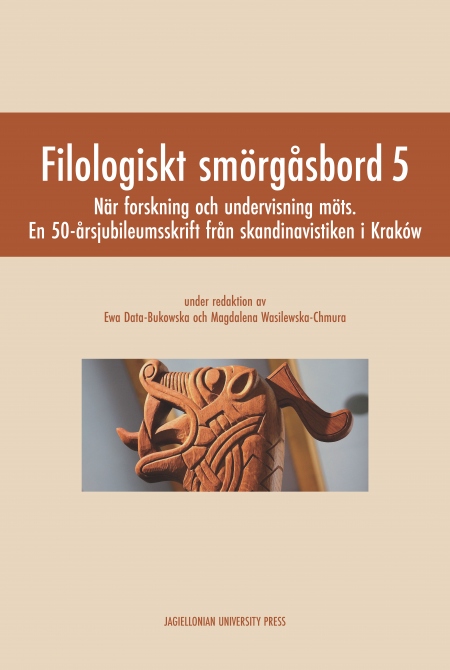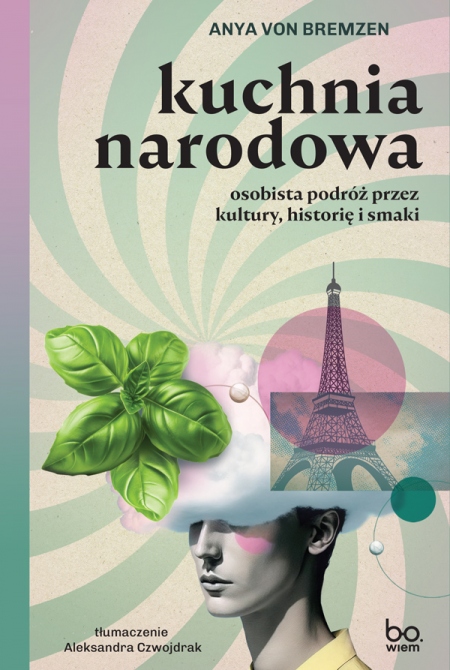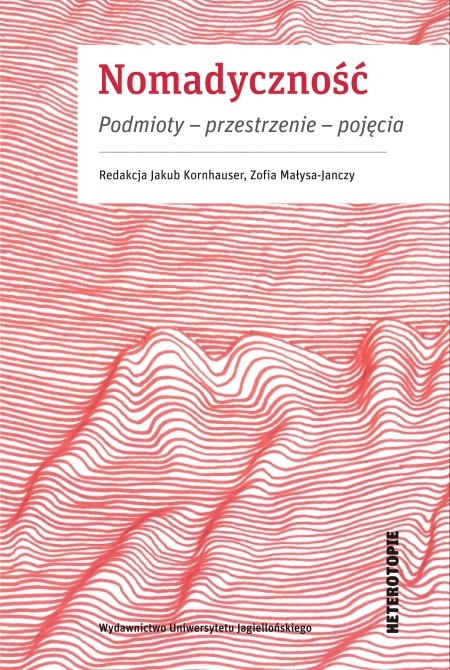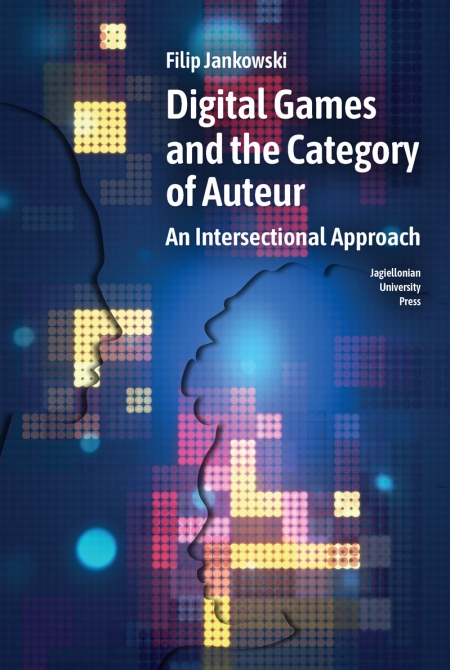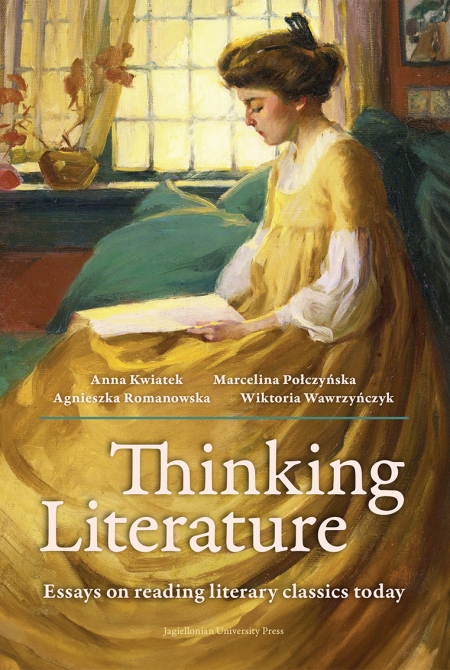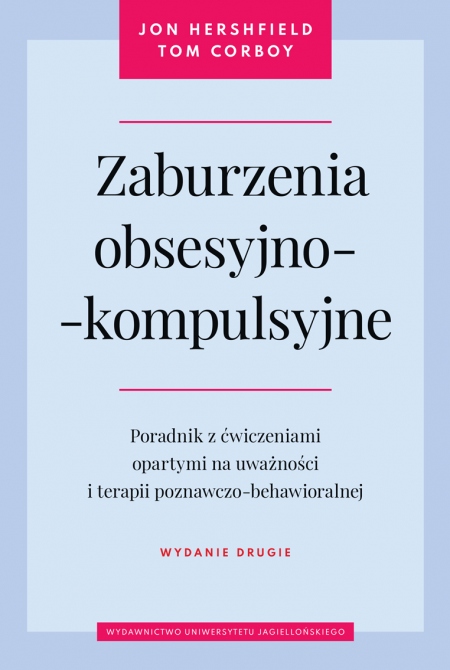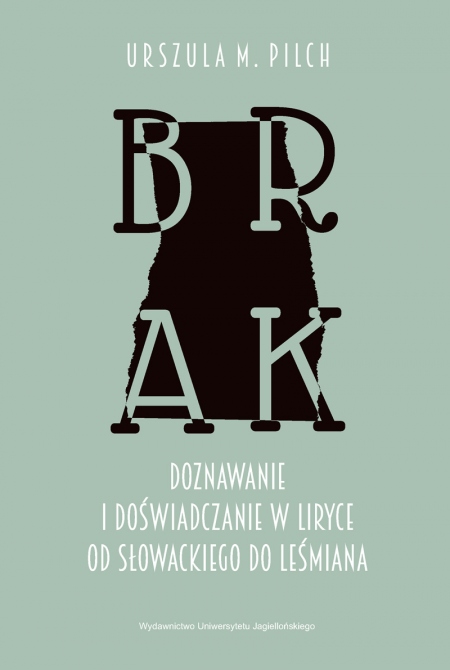
Brak
Doznawanie i doświadczanie w liryce od Słowackiego do Leśmiana
Pages: 324
Book format: 15,8x23,5 cm
Publication date: 2025
Publication date: 28.02.2025
Book description
The book by Urszula M. Pilch, which is being handed over to readers, is dedicated to Polish lyric poetry of the Romantic, Positivist, and Young Poland periods, encompassing the works of, among others, Juliusz Słowacki, Adam Asnyk, Felicjan Faleński, Maria Konopnicka, Kazimierz Przerwa-Tetmajer, Jan Kasprowicz, Leopold Staff, Wacław Rolicz-Lieder, Stanisław Korab-Brzozowski, Bronisława Ostrowska, Maria Komornicka, and Bolesław Leśmian. The ambition of this dissertation is to present an innovative approach that demonstrates the continuity of poetry in its unique sensitivity to lack (in the various understandings of this concept presented in the book), its experience, and articulation, considered as an experience. New analytical readings of the lyrics allow for identifying points of contact linking the poetics of experience with, for example, the poetics of symbolism or expressionism.
An important aspect of the research presented in the book on the diversity of Polish lyric poetry is its placement in the context of the most significant aesthetic, philosophical, and cultural transformations of 19th-century Europe.
An important aspect of the research presented in the book on the diversity of Polish lyric poetry is its placement in the context of the most significant aesthetic, philosophical, and cultural transformations of 19th-century Europe.
Language
Polish
Title in English
Lack. Experiencing and Perceiving in Lyric Poetry from Słowacki to Leśmian
Edition
first
Authors
Urszula M. Pilch

ISBN: 978-83-233-5447-5
e-ISBN (pdf): 978-83-233-7620-0
Country of producer: Poland
RECOMMENDED BOOKS
NEW BOOKS

Choose chapters to buy:
Order value:
0.00 zł




